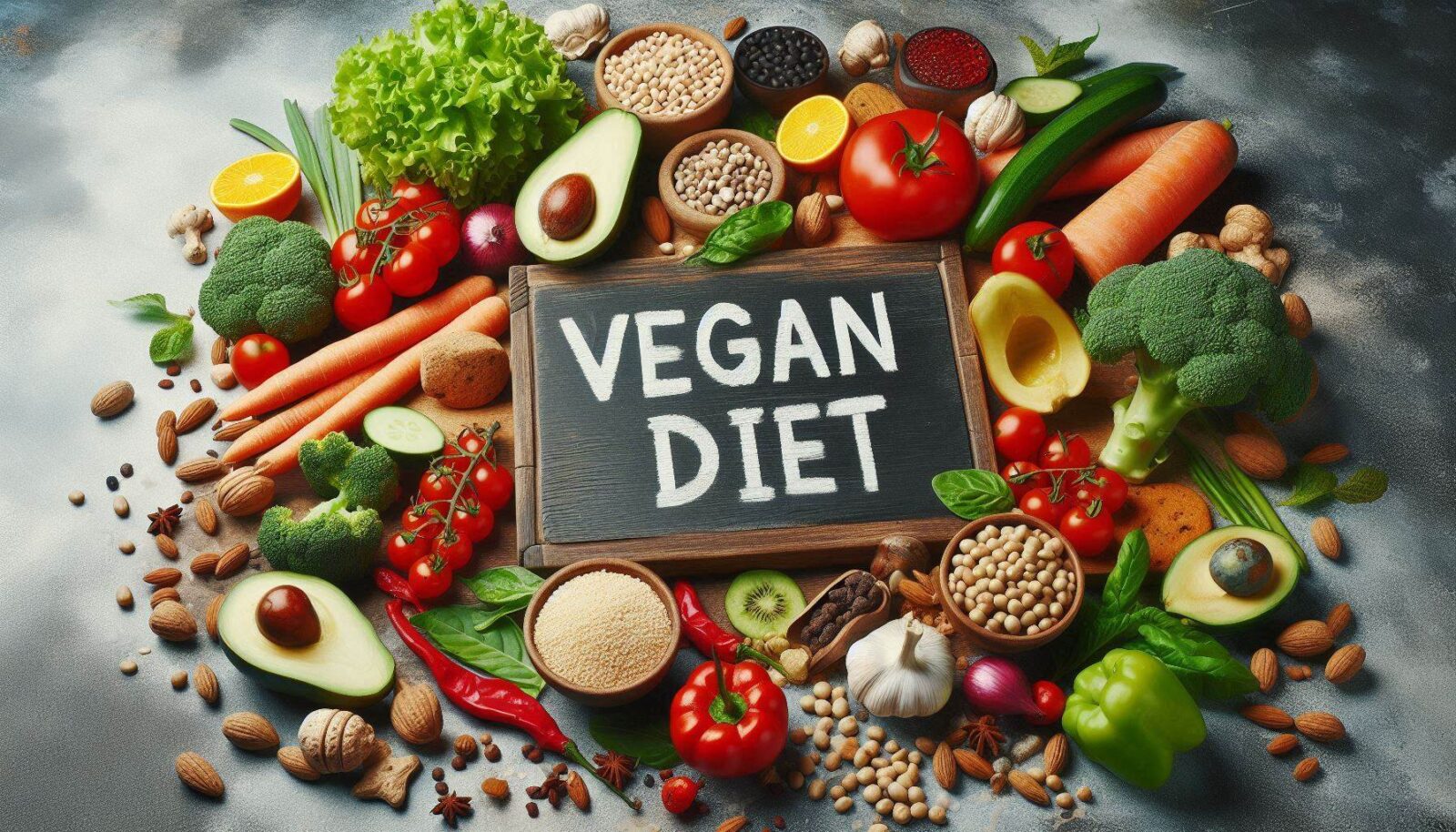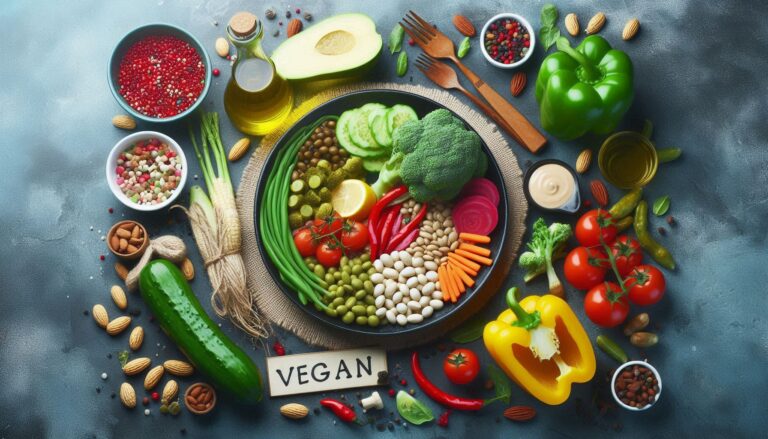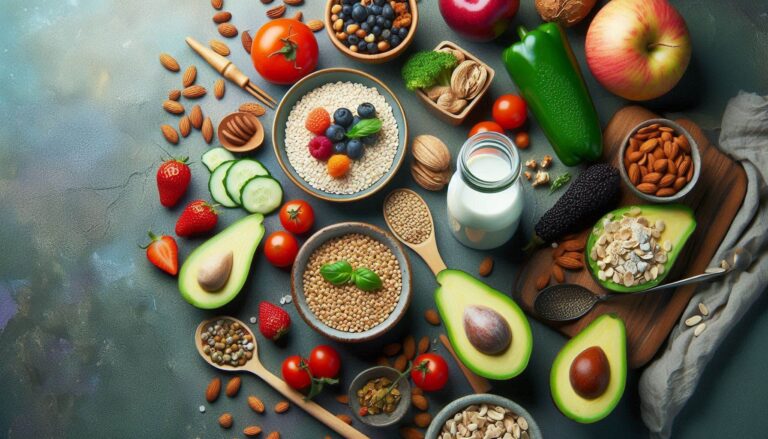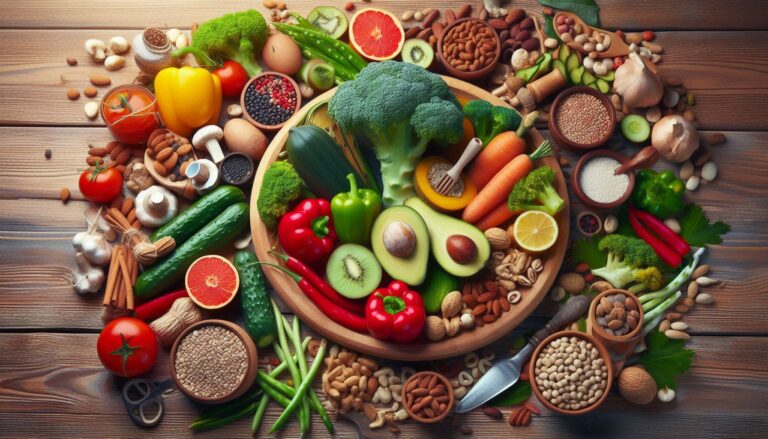An informative guide to raw veganism, exploring its benefits, challenges, and practical tips. Discover delicious raw vegan recipes and insights into this healthy lifestyle choice.
Introduction:
Raw veganism, a dietary approach that emphasizes uncooked, plant-based foods, has gained significant popularity in recent years. This lifestyle choice offers numerous health benefits, including improved digestion, weight management, and increased energy levels. However, transitioning to a raw vegan diet requires careful planning and a deep understanding of the nutritional needs of the body.
This comprehensive article will delve into the world of raw veganism, exploring its benefits, challenges, and practical tips. We will discuss the essential nutrients required for a healthy raw vegan diet, provide guidance on meal planning and recipe ideas, and address common concerns and misconceptions.
Benefits of Raw Veganism
- Improved Digestion: Raw foods are generally easier to digest than cooked foods, as they retain their natural enzymes. This can lead to better nutrient absorption and reduced digestive issues.
- Weight Management: A raw vegan diet can be an effective tool for weight management. By focusing on whole, unprocessed foods, you can naturally reduce calorie intake and promote satiety.
- Increased Energy Levels: The abundance of nutrients and enzymes in raw foods can boost your energy levels and improve overall vitality.
- Enhanced Skin Health: Raw fruits and vegetables are packed with antioxidants, which can help protect your skin from damage and promote a healthy glow.
- Improved Heart Health: A raw vegan diet is associated with lower cholesterol levels, reduced blood pressure, and a decreased risk of heart disease.
- Strengthened Immune System: The nutrients and antioxidants in raw foods can help support your immune system, making you less susceptible to illness.
Get The Complete Plant Based Recipe Cookbook — 200+ Vegan Recipes
Challenges of Raw Veganism
- Nutritional Deficiencies: A poorly planned raw vegan diet may lead to deficiencies in certain essential nutrients, such as vitamin B12, iron, zinc, and calcium. It is crucial to carefully plan your meals and consider supplementation if necessary.
- Social Challenges: Adopting a raw vegan lifestyle can be challenging in a society that is heavily reliant on processed and cooked foods. You may face social pressure or difficulty finding suitable dining options.
- Limited Variety: While there is a wide variety of raw plant-based foods available, it can be challenging to maintain a diverse and interesting diet over the long term.
- Time Commitment: Preparing raw meals can be more time-consuming than cooking traditional meals. You may need to invest more time in meal planning, shopping, and food preparation.
Essential Nutrients for Raw Vegans
- Vitamin B12: This vitamin is essential for red blood cell production and nerve function. It is primarily found in animal products, so raw vegans may need to supplement with a B12-rich formula.
- Iron: Iron is crucial for oxygen transport in the blood. Plant-based sources of iron, such as spinach and lentils, are less readily absorbed by the body than animal-based sources. Consuming vitamin C-rich foods with iron can help improve absorption.
- Zinc: Zinc is involved in numerous bodily functions, including immune function, wound healing, and protein synthesis. Legumes, nuts, and seeds are good sources of zinc.
- Calcium: Calcium is essential for bone health. Leafy greens, almonds, and sesame seeds are good plant-based sources of calcium.
Meal Planning and Recipe Ideas
- Start with Simple Recipes: Begin by incorporating raw foods into your existing meals. For example, try adding a raw salad to your lunch or a smoothie for breakfast.
- Explore Raw Vegan Cookbooks: There are numerous raw vegan cookbooks available that offer a wide variety of delicious and nutritious recipes. Some popular options include “Raw Till You Glow” by Natalia Rose and “The Raw Food Kitchen” by Chloe Coscarelli.
- Focus on Whole Foods: Choose a variety of whole, unprocessed plant-based foods, such as fruits, vegetables, nuts, seeds, and legumes.
- Experiment with Different Flavors and Textures: Don’t be afraid to try new ingredients and cooking techniques. There are countless ways to create delicious and satisfying raw vegan meals.
Get The Complete Plant Based Recipe Cookbook — 200+ Vegan Recipes
Common Concerns and Misconceptions
- Is Raw Veganism Safe for Children? While it is possible to raise a healthy child on a raw vegan diet, it is important to work with a qualified healthcare professional to ensure their nutritional needs are met.
- Can Raw Vegans Build Muscle? Yes, it is possible to build muscle on a raw vegan diet. Plant-based protein sources, such as legumes and tempeh, can provide the necessary amino acids for muscle growth and repair.
- Is Raw Veganism Expensive? The cost of a raw vegan diet can vary depending on your location and dietary choices. However, by focusing on seasonal produce and bulk buying, you can keep costs down.
FAQ’s
- What is the difference between a vegan and a raw vegan diet?
- A vegan diet excludes all animal products, including meat, dairy, eggs, and honey. A raw vegan diet takes it a step further by only consuming uncooked plant-based foods.
2. Can I eat cooked vegetables on a raw vegan diet?
- No, a raw vegan diet strictly adheres to uncooked foods. Cooked vegetables are not considered raw vegan.
3. Do I need to supplement with vitamin B12 on a raw vegan diet?
- It is highly recommended to supplement with vitamin B12 as it is difficult to obtain sufficient amounts from plant-based sources.
4. Can I eat nuts and seeds on a raw vegan diet?
- Yes, nuts and seeds are excellent sources of protein, healthy fats, and nutrients. They are staples in a raw vegan diet.
5. How can I ensure I get enough protein on a raw vegan diet?
- Legumes, tempeh, tofu, and nuts are all excellent sources of protein. Incorporate these foods into your meals regularly.
6. Is it safe to eat sprouted grains on a raw vegan diet?
- Yes, sprouted grains are considered raw vegan as they are not heated to high temperatures.
7. What are some good raw vegan snacks?
- Raw nuts, seeds, fruits, vegetables, and homemade energy bars are all great options for raw vegan snacks.
8. How can I transition to a raw vegan diet gradually?
- Start by incorporating more raw foods into your meals gradually. Gradually replace cooked meals with raw vegan options.
9. Can I eat raw eggs on a raw vegan diet?
- No, raw eggs are not considered raw vegan due to the risk of salmonella.
Best Vegan Cookbook Recommendations
. The Complete Plant Based Recipe Cookbook — 200+ Vegan Recipes
Conclusion
Embracing a raw vegan lifestyle can be a rewarding journey towards improved health and well-being. By understanding the benefits, challenges, and practical tips discussed in this article, you can make informed decisions and successfully transition to a raw vegan diet. Remember to consult with a healthcare professional for personalized guidance and to address any specific nutritional needs.
With careful planning, creativity, and a commitment to a healthy lifestyle, you can enjoy the many benefits of a raw vegan diet while savoring delicious and nourishing meals.
Discover more from TheBeautyOfChange
Subscribe to get the latest posts sent to your email.




